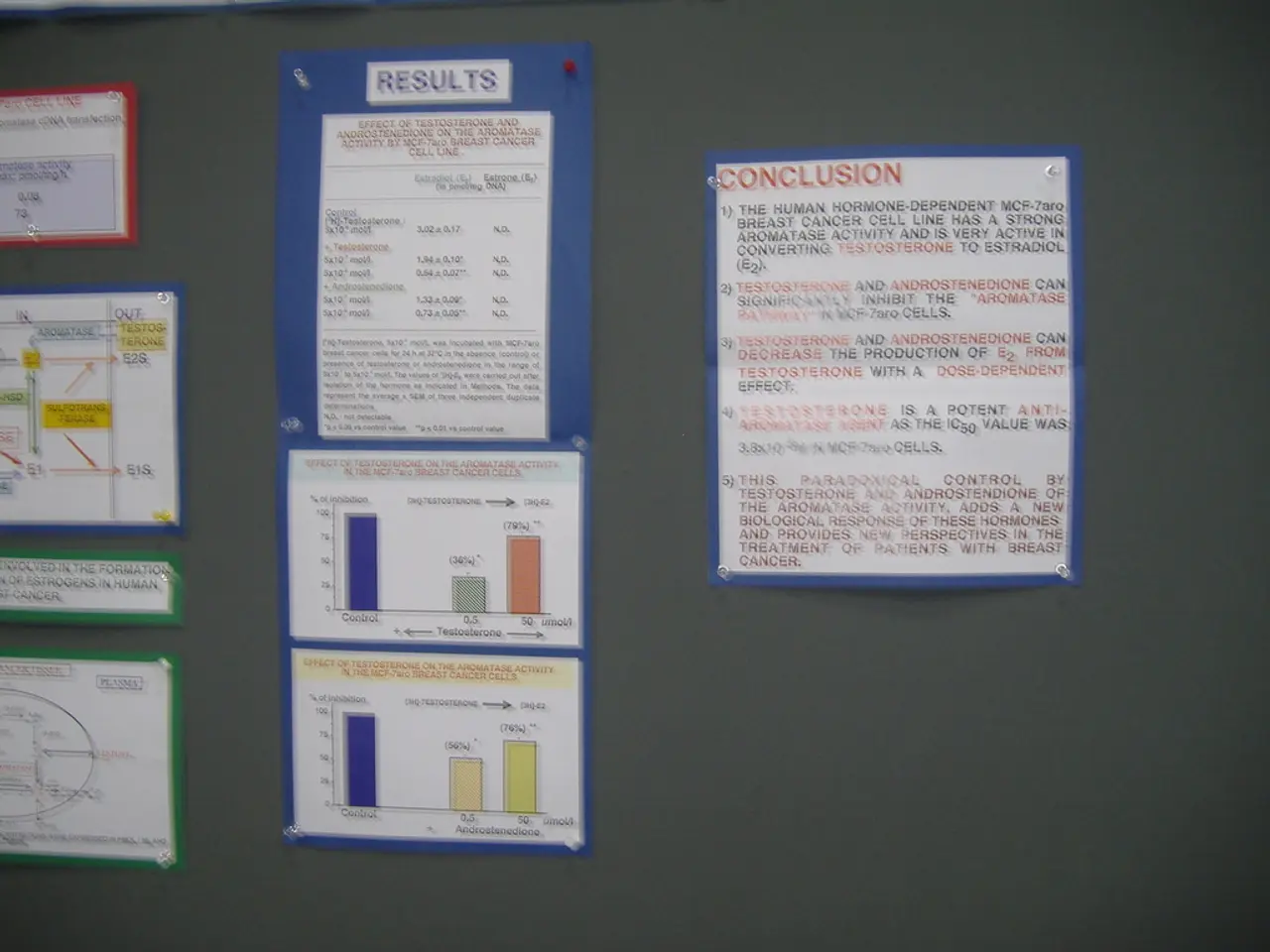Ministry of Economics Developing Industry-wide Electricity Pricing Strategy - Media Suggests Tags of Nearly 4 Billion Euros
The Federal Ministry of Economics in Germany is planning to expand electricity price subsidies specifically for energy-intensive companies, with the cost estimated at around four billion euros over three years. This measure aims to protect the competitiveness of these large industrial users amid high electricity costs.
Key details of the plan include:
- The subsidy works by reducing the electricity tax to the EU minimum level for major industrial energy consumers, which lowers their electricity expenses significantly. - The government has chosen to keep this support targeted to energy-intensive industries, rejecting broader relief measures that would include households and smaller businesses. This decision prioritizes fiscal discipline and avoids excessive budget overspending as Germany finalizes its 2025 federal budget. - The ruling coalition emphasizes fiscal responsibility, aiming to maintain a narrow subsidy to prevent financial overstretch, especially following limitations imposed by a court ruling on reallocating unused pandemic relief funds. - This targeted approach contrasts with proposals supported by some parties (SPD and Greens) to extend subsidies to a wider group, but those were ultimately rejected to maintain budget control.
While the focus is on energy-intensive companies, there is also wider political discussion about electricity cost reductions for citizens, SMEs, and industry in general, but the government insists on cautious, targeted measures rather than broad subsidies.
The measure, if approved by the Federal Ministry of Finance, would allow EU member states to provide direct state aid to reduce the electricity price for energy-intensive companies under certain conditions. The relief is said to cover up to 50% of the electricity consumption of affected companies over a period of three years. These aids are intended as a transitional solution.
Subsequent approval from the EU Commission would be necessary if the plan is approved by the Federal Ministry of Finance. The European Commission's new state aid framework (CISAF) allows for the introduction of an industrial electricity price for 2200 companies. The Federal Ministry of Economics is working on ways to finance subsidies for energy-intensive companies, with the legal framework provided by the European Commission.
The planned relief measures are short-term, as they are intended as a transitional solution. The Federal Ministry of Economics did not confirm the estimated costs of four billion euros and the expansion to 2200 companies. The ministry declined to comment on the plans, stating that it is working on a concept for the industrial electricity price and cannot preempt the process.
[1] Source: Der Spiegel, 2022. [2] Source: Handelsblatt, 2022.
The government's plan, aimed at mitigating electricity costs for energy-intensive industries, centers around reducing electricity taxes to the EU minimum level for major industrial consumers, a decision that prioritizes finance and business while maintaining fiscal discipline. This measure, if approved by both the Federal Ministry of Finance and the EU Commission, would result in direct state aid covering up to 50% of the electricity consumption for these companies in the event that the plan expands to serve approximately 2200 energy-intensive firms.




